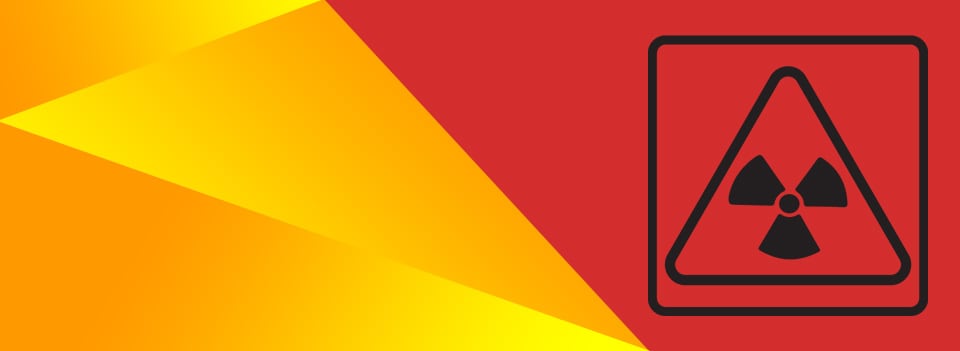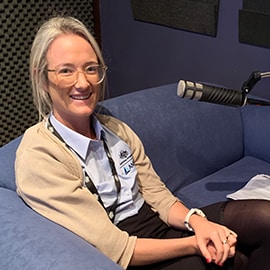-
Science of Safety Podcast: Episode 80.
July 09, 2020


Science of Safety Podcast.
Episode 80:
Australian Nuclear Science and Technology Organisation.Science of Safety Podcast.
Episode 80:
Australian Nuclear Science and Technology Organisation.Science of Safety Podcast.
Episode 80:
Australian Nuclear Science and Technology Organisation.In this episode Carmen Naylor, Certified Occupational Hygienist supporting High Reliability at ANSTO as the Occupational Hygiene Leader joins host Mark Reggers to discuss the Australian Nuclear Science and Technology Organisation (ANSTO), who they are and what they do.
ANSTO is one of Australia’s largest public research organisations and provides the Australian and international community with products and services to improve human health, support industry and protect the environment. ANSTO works across these areas to find solutions to some of the biggest questions in science for the benefit of all Australians.






Guest Bio:
Carmen Naylor (pictured left) is a Certified Occupational Hygienist (COH®, MAIOH) who has worked in the field of occupational health for over twelve years on projects in corporate health, mining, freight and aviation industry and government. She holds degrees in Exercise Science and Rehabilitation, masters in science (Research) and master’s in occupational Hygiene Practice and is currently supporting High Reliability at ANSTO as Occupational Hygiene Leader.
Carmen is a full member of the Australian Institute of Occupational Hygiene (MAIOH). She is currently the AIOH NSW State Liaison Officer (SLO) and supporting the AIOH as part of RespFit, a working group to develop a respirator fit testing training and accreditation scheme.
Carmen is a passionate advocate for occupational health and safety research, which has been the incentive for pursing a PhD in the field of occupational hygiene and toxicology at the University of Wollongong Occupational Health and Safety (OHS)academic program. Her area of research is addressing routes of exposure and health effects of metals.
In this episode, Mark & Carmen discuss the following:
- Who is ANSTO and what do they do?
- What types of research is ANSTO undertaking?
- Are research hazards different from those found in a manufacturing or mining setting?
- What types of hazards are found in research settings?
- How does ANSTO look after the health & safety of its workers?
- How do you determine that the correct type of PPE is being utilised from the exposure monitoring you collect?
- What processes and systems are in place to manage fluctuating hazardous environment?
- What takeaway points would you want to leave with our listeners?
- Where can listeners go to get further information on ANSTO?
ANSTO engages in a wide range of activities that benefit Australians through the application of nuclear-based science. They operate one of the world’s most modern nuclear research reactors called OPAL, a suite of neutron beam instruments, the Australian Synchrotron, the National Research Cyclotron and the Centre for Accelerator Science. Most importantly, they assist in improving the lives of people treated for serious illness and disease such as cancer, with one in two Australians benefiting from the nuclear medicines produced from OPAL. Tune in as we discover how ANSTO and occupational hygienists approach health and safety hazards in a research setting.
Additional Resources:
- Podcast Transcript
- ANSTO – Australian Nuclear Science & Technology Organisation
- ARPANSA – Australian Radiation Protection and Nuclear Safety Agency
- Safe Work Australia
- Comcare
- AIOH – Australian Institute of Occupational Hygienists
- AIHA – American Industrial Hygiene Association
Contact a 3M Safety Specialist at scienceofsafetyanz@mmm.com for more information.
